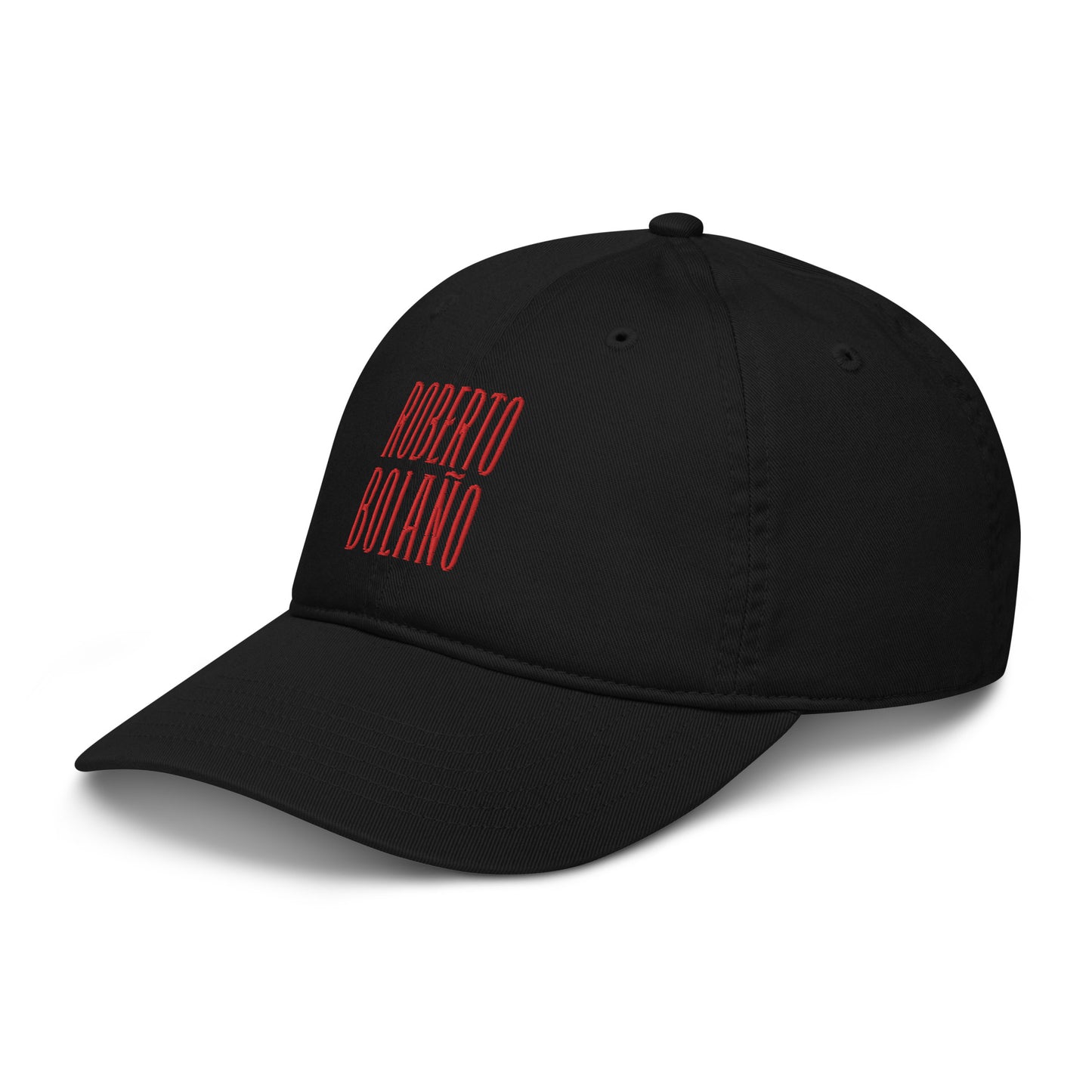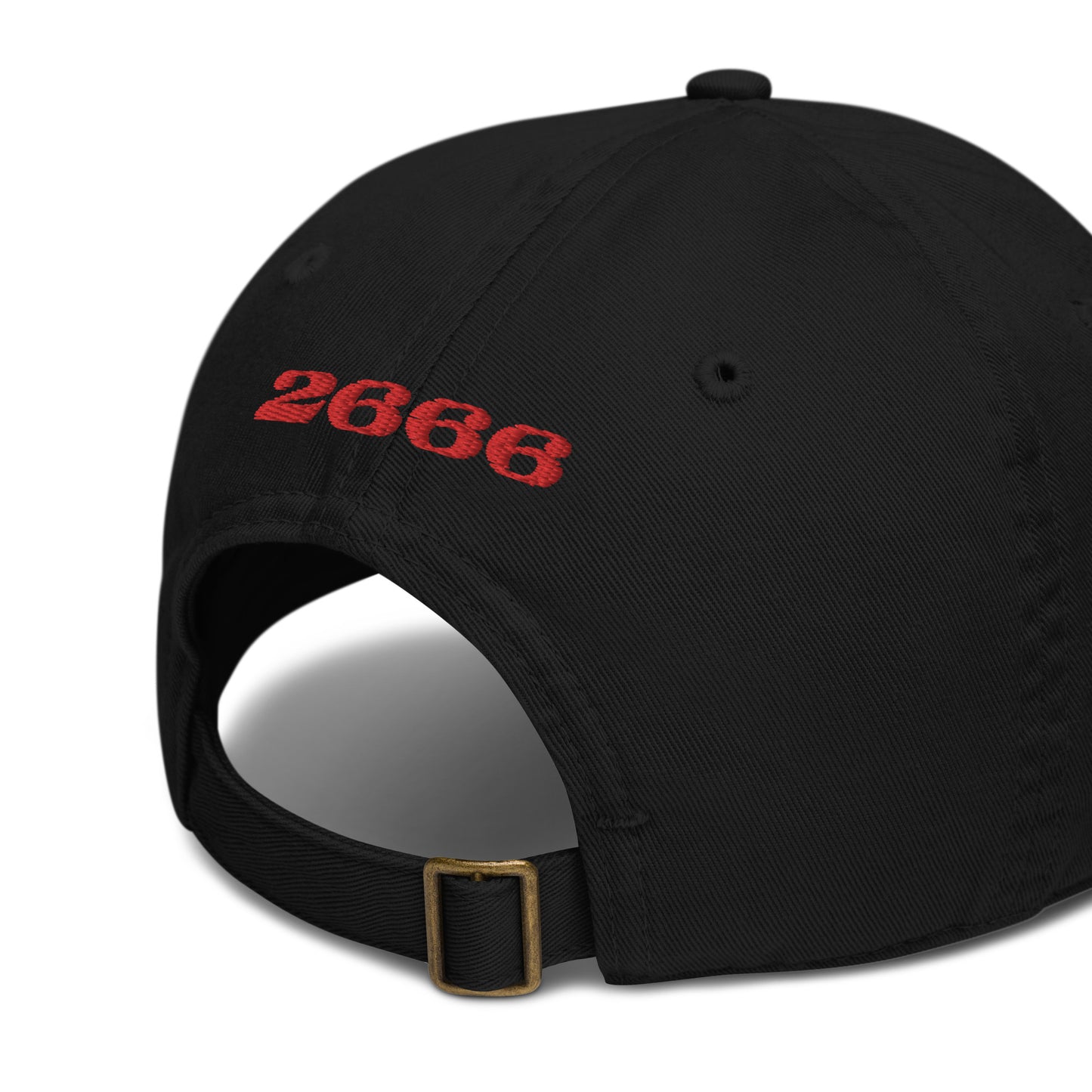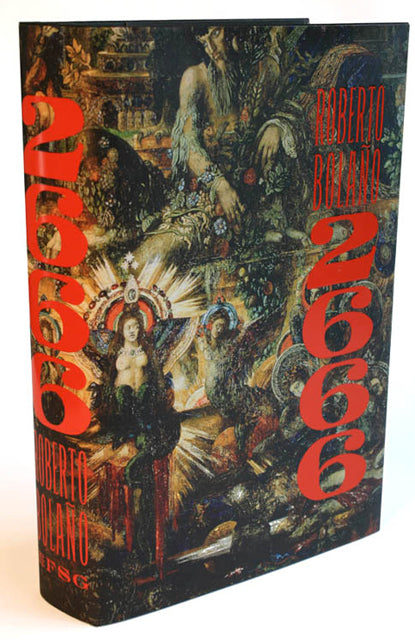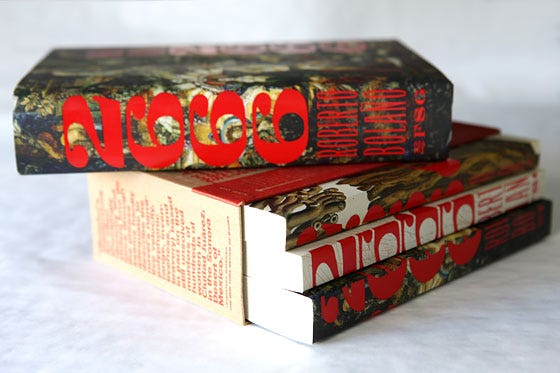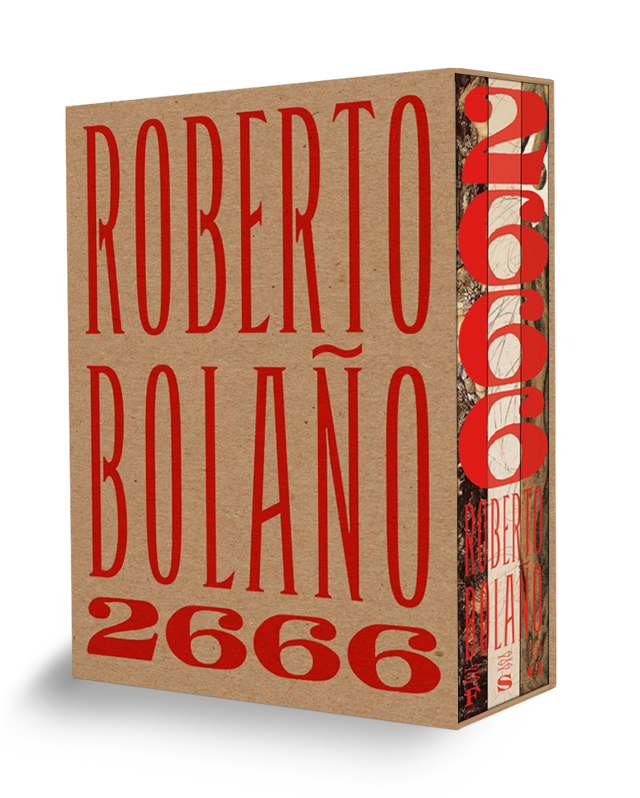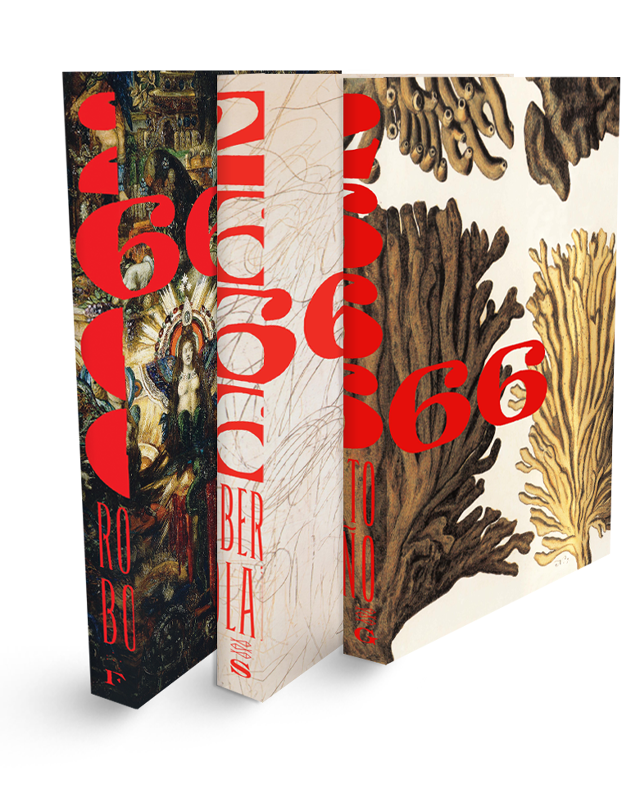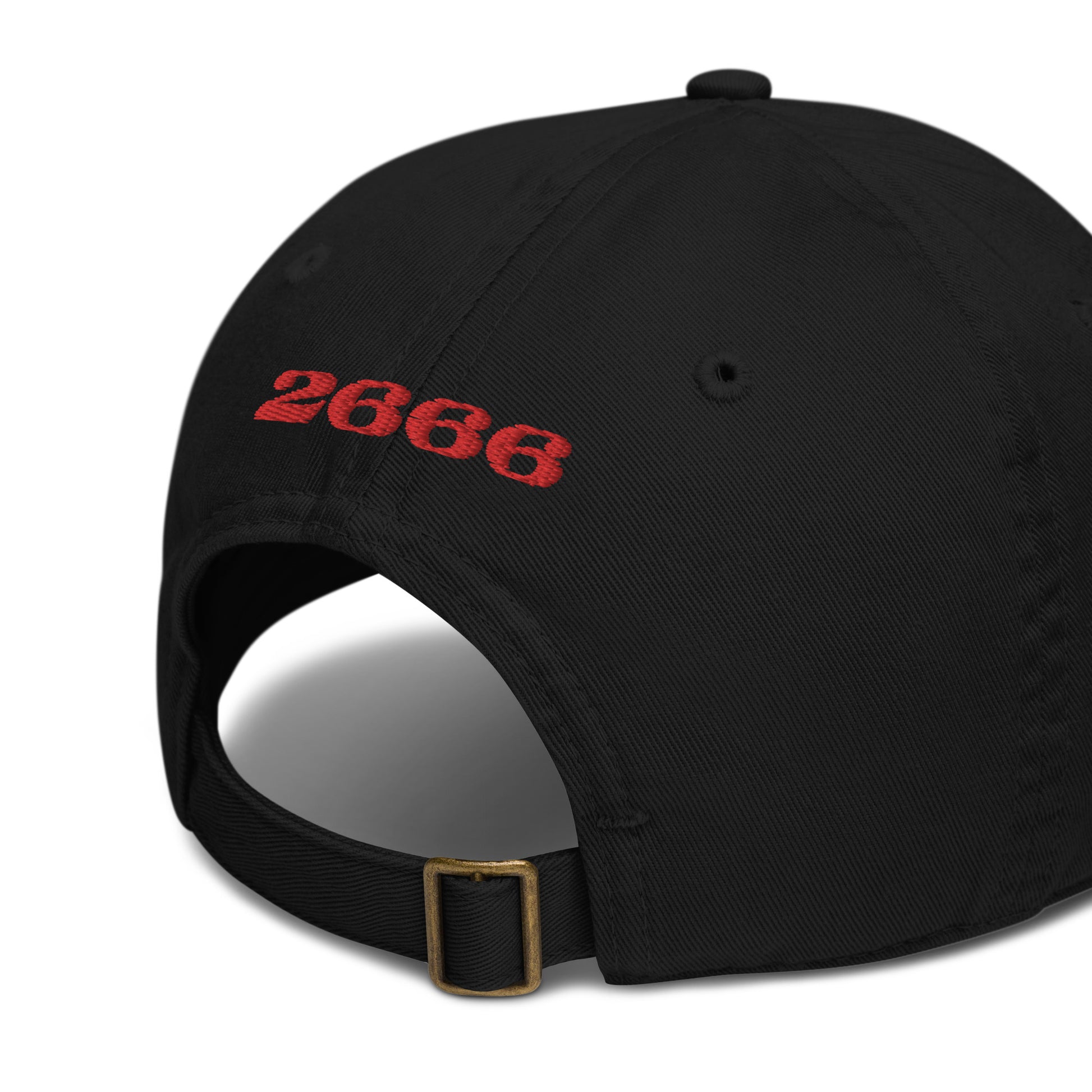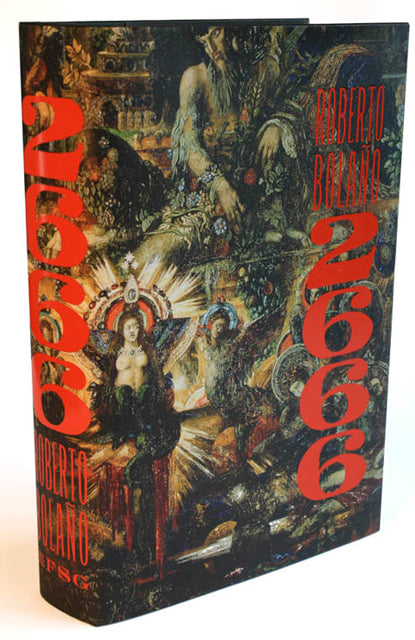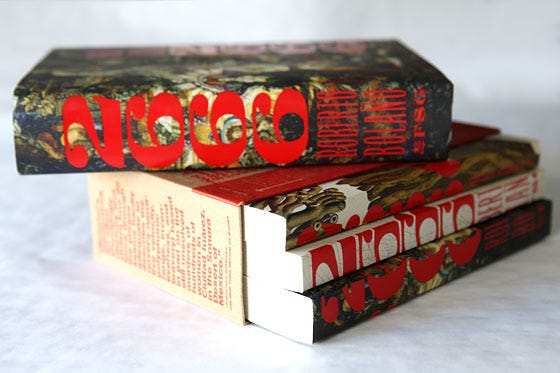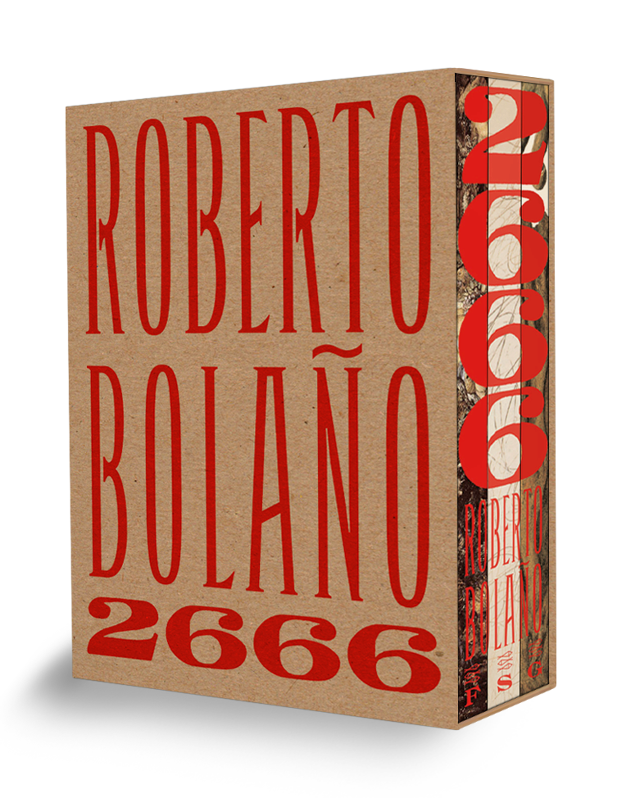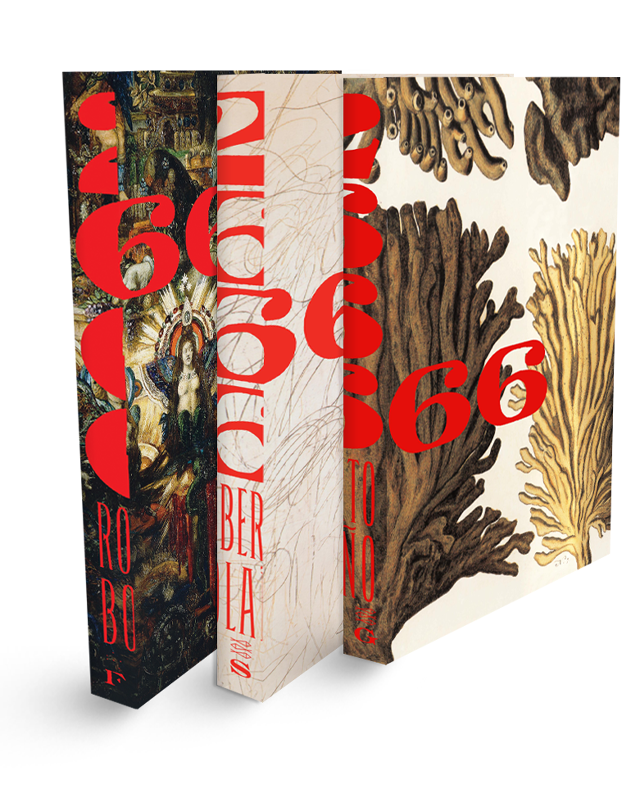Minor Canon
Roberto Bolaño 2666 hat
Couldn't load pickup availability
Roberto Bolaño (1953 – 2003) was a Chilean novelist, short-story writer, poet and essayist. In 1999, Bolaño won the Rómulo Gallegos Prize for his novel Los detectives salvajes (The Savage Detectives), and in 2008 he was posthumously awarded the National Book Critics Circle Award for Fiction for his novel 2666, which was described by board member Marcela Valdes as a "work so rich and dazzling that it will surely draw readers and scholars for ages." The New York Times described him as "the most significant Latin American literary voice of his generation".
This year, 2024, marks the 20th anniversary of the original, Spanish-language publication of 2666, now widely hailed as Bolaño's masterpiece, and various English-language publishers, including Picador and Vintage Classics, are launching redesigned and reissued works from Bolaño's catalogue. This hat is inspired by the 2008 English-language edition of 2666, designed by Charlotte Strick for Farrar, Straus, and Giroux, particularly the three-volume set that remains perhaps the most beautiful edition of any of Bolaño's works.
Bolaño was raised in Chile but moved to Mexico City with his family as a teenager, where he dropped out of school, worked as a journalist, and became active in left-wing political causes. A key episode in Bolaño's life, mentioned in different forms in several of his works, occurred in 1973, when he left Mexico for Chile to "help build the revolution" by supporting the democratic socialist government of Salvador Allende. After Augusto Pinochet's right-wing military coup against Allende, Bolaño was arrested on suspicion of being a "terrorist" and spent eight days in custody, after which he returned to Mexico before moving to Spain in 1977, where he settled and married. From the 1980s until his death from liver failure, he lived in the small Catalan beach town of Blanes.
Although known for his novels and short stories, Bolaño was a prolific poet of free verse and prose poems. As a character says in The Savage Detectives, "Poetry is more than enough for me...although sooner or later I'm bound to commit the vulgarity of writing stories." In the final decade of his life Bolaño produced a significant body of work, consisting of short stories and novels. In his fiction the characters are often novelists or poets, some of them aspiring and others famous, and writers appear ubiquitous in Bolaño's world, variously cast as heroes, villains, detectives and iconoclasts.
Bolaño's writings repeatedly manifest a concern with the nature and purpose of literature and its relationship to life and politics. One commentator discusses his idea of literary culture as a "whore":
"Among the many acid pleasures of the work of Roberto Bolaño, who died at 50 in 2003, is his idea that culture, in particular literary culture, is a whore. In the face of political repression, upheaval and danger, writers continue to swoon over the written word, and this, for Bolaño, is the source both of nobility and of pitch-black humor. In his novel The Savage Detectives, two avid young Latino poets never lose faith in their rarefied art no matter the vicissitudes of life, age and politics. If they are sometimes ridiculous, they are always heroic. But what can it mean, he asks us and himself, in his dark, extraordinary, stinging novella By Night in Chile, that the intellectual elite can write poetry, paint and discuss the finer points of avant-garde theater as the junta tortures people in basements? The word has no national loyalty, no fundamental political bent; it's a genie that can be summoned by any would-be master. Part of Bolaño's genius is to ask, via ironies so sharp you can cut your hands on his pages, if we perhaps find a too-easy comfort in art, if we use it as anesthetic, excuse and hide-out in a world that is very busy doing very real things to very real human beings. Is it courageous to read Plato during a military coup or is it something else?"
—Stacey D'Erasmo, The New York Times Book Review, February 24, 2008
• 100% organic cotton
• Fabric weight: 8 oz/yd² (271 g/m²)
• 3/1 twill
• Unstructured
• 6 panel
• Matching sewn eyelets
• Self-fabric adjustable closure with a brass slider and hidden tuck-in
• Blank product sourced from China


